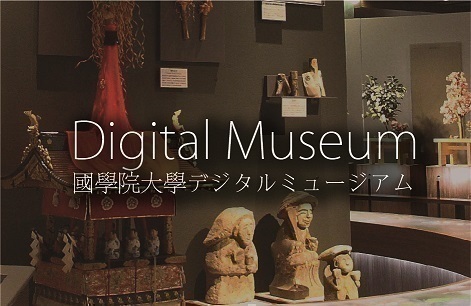- トップ
- Encyclopedia of Shinto
- Tani Shigetō
Encyclopedia of Shinto
| Main Menu: | |
| Links: |
詳細表示 (Complete Article)
| カテゴリー1: | 8. Schools, Groups, and Personalities |
|---|---|
| カテゴリー2: | Personalities |
| Title | Tani Shigetō |
| Text | (1663-1718) Shintoist of the Suika Shintō lineage and Confucian scholar of the mid-Edo period. He originated from the Miwa clan, his common name was Tanzaburō, and he used the epistolary name Jinzan. He was born as the third son of Tani Kanbei Shigemoto, priest (shinshoku) of the shrine Hachimangū of Yahata Village, Nagaoka District, Tosa Province (present-day Kochi Prefecture). A child prodigy, Tani had an excellent memory, and at the age of seventeen he went to Kyoto to become a disciple of Yamazaki Ansai (1618-82); after the latter's death, he studied with Asami Keisai (1652-1711), one of Yamazaki's senior disciples. At the age of thirty-two, he corresponded with Shibukawa Harumi (1639-1715), another disciple of Yamazaki, asking for guidance, and under Shibukawa he studied astronomy, calendrical science, and Shinto. At the age of forty-five, Tani was implicated in a succession dispute and ordered under house arrest. During the subsequent twelve years, he dedicated himself to pursuing scholarship. He transmitted the tradition of the Southern Confucian learning of Tosa Province (Tosa nangaku), and while passing on the lineage of Yamazaki Ansai's scholarship, he attempted to formulate his own grand system of learning combining Shinto, Confucianism, astronomy, and calendrical science. He passed away on the thirtieth day of the third month of 1718, at the age of fifty-six. Tani's writings are numerous and include Jindai no maki shiozutae, Nakatomi no harae shiozutae, Tosa no Kuni shikishakō, and Jinzanshū. In particular, he left lecture notes from his later years titled Hōken taiki uchigiki, which presented a detailed but comprehensible exposition of Kuriyama Senpō's Hōken taiki. The Hōken taiki uchigiki greatly influenced the Meiji imperial loyalists and restorationists by specifically stating the importance of the three sacred regalia and the sacred edict (shinchoku) to revere and worship the treasured mirror. See also Jinzanshū. —Nishioka Kazuhiko |




